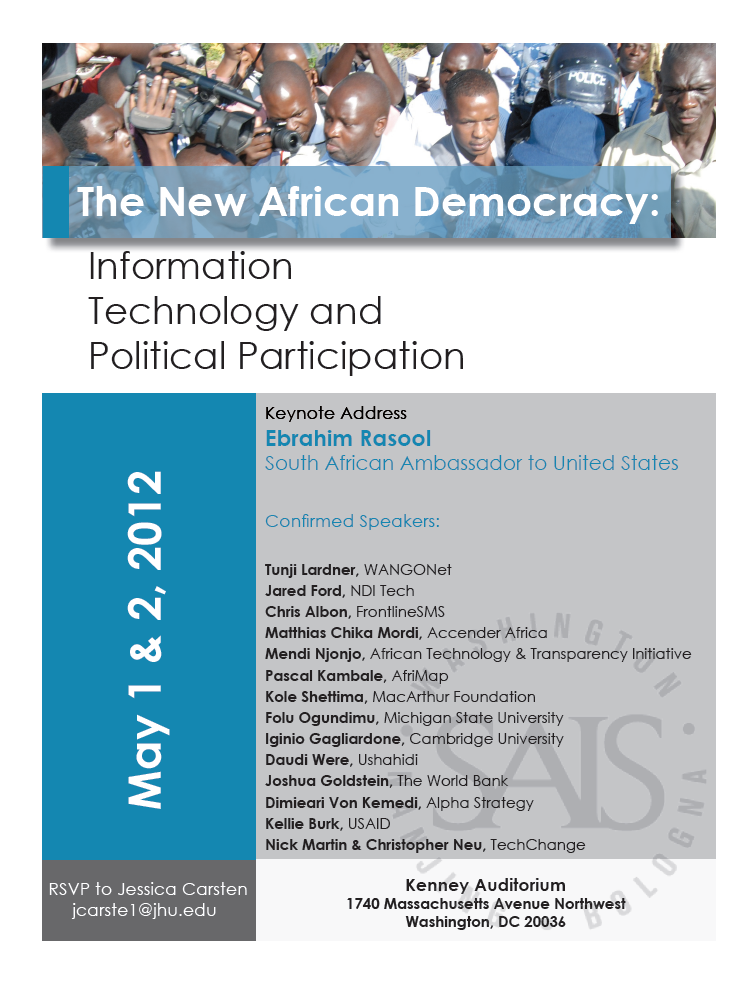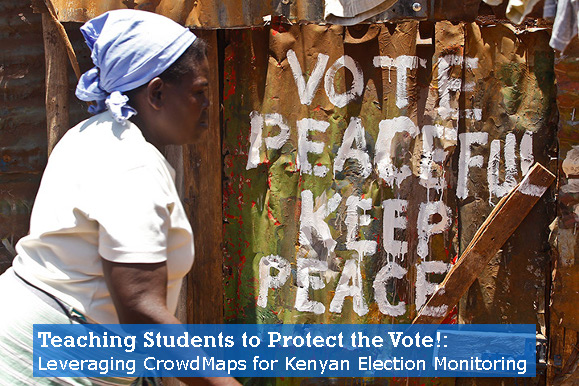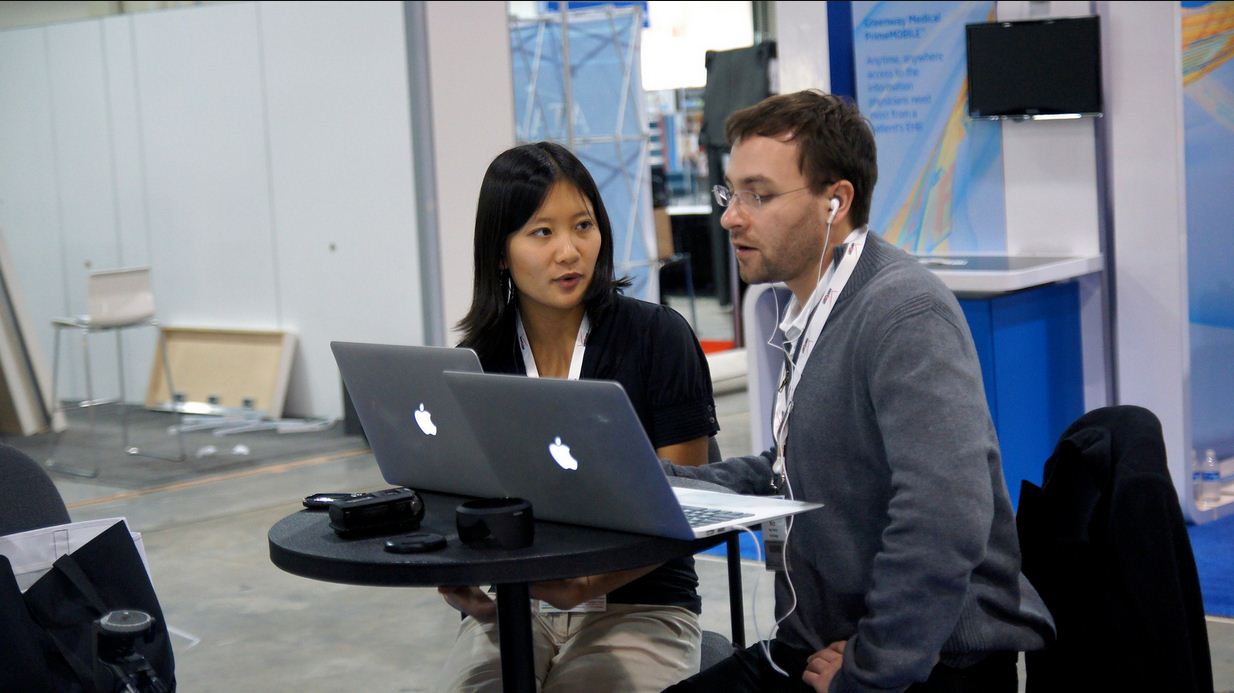During the tense electoral standoff in Cote d’Ivoire after incumbent Laurent Gbagbo refused to vacate office following his defeat, the hashtag #civic2010 was used to report abuses by dissident forces as well as refugees’ movements and needs. In Malawi, the #July20 hashtag and facebook groups were used to organize the country’s civil society during the eponymous protests which drew international condemnation of the Mutharika government’s crackdown on freedom of speech and press. And, at the time of writing in Mali, activists, civil society and ordinary citizens were using the #mali hashtag to organize the safeguard of Mali’s antiquities held in rebel occupied Timbuktu.
While many associate the events surrounding the ‘Arab Spring’ with the use of digital communication for social movements and political organizing, this truism ignores the real pioneering work done three years prior and south of the Sahara. In 2008, Ushahidi, an open-source platform, was first used in Kenya to map the post-election fallout at the beginning of 2008. Ushahidi, along with SMS applications and social media platforms collectively known as Information Communications Technology (ICTs) have since spread across the continent and have put the tools to build democracy and good governance into the hands of millions of civilians.
As a result, crowdsourced information has empowered ordinary citizens as never before. A villager in a rural area can report corruption and broadcast to the world instances of injustice — adding a new and exciting angle to human rights, democracy, governance, and civil society development across the continent. At the same time, ICTs have increased the burden on governments to be more accountable and connect with their own citizens.
On the heels of the exciting expansion of ICTs throughout Africa, The African Studies program at the Johns Hopkins School of Advanced International Studies in Washington DC, will be hosting a conference on May 1-2 entitled The New African Democracy: Information Technology and Political Participation. The conference’s primary objective is to join African Studies experts with policy makers and practitioners to discuss challenges and opportunities for African politics in the digital age.
Speaking at the conference are representatives from a variety of institutions including: WANGONet, NDI Tech, Frontline SMS, Accender Africa, African Technology & Transparency Initiative, Afrimap, MacArthur Foundation, Michigan State and Cambridge Universities, Ushahidi, The World Bank, Alpha Strategy, and USAID.
At the beginning of the conference’s second day, TechChange, will deploy a small local simulation for attendees to emphasize the possibilities for integrating crowdsourced information with institutional processes to improve democratic participation and governance function. The simulation which will be lead by TechChange’s Rob Baker, Christopher Neu and Kevin Malone provides a glimpse into some of the substance covered in the organization’s online certificate course, TC104 Global Innovations for Digital Organizing.
Those interested in attending the conference should RSVP to Jessica Carsten at jcarste1@jhu.edu.
Interested in participating in TC104? Apply directly on the TechChange website



